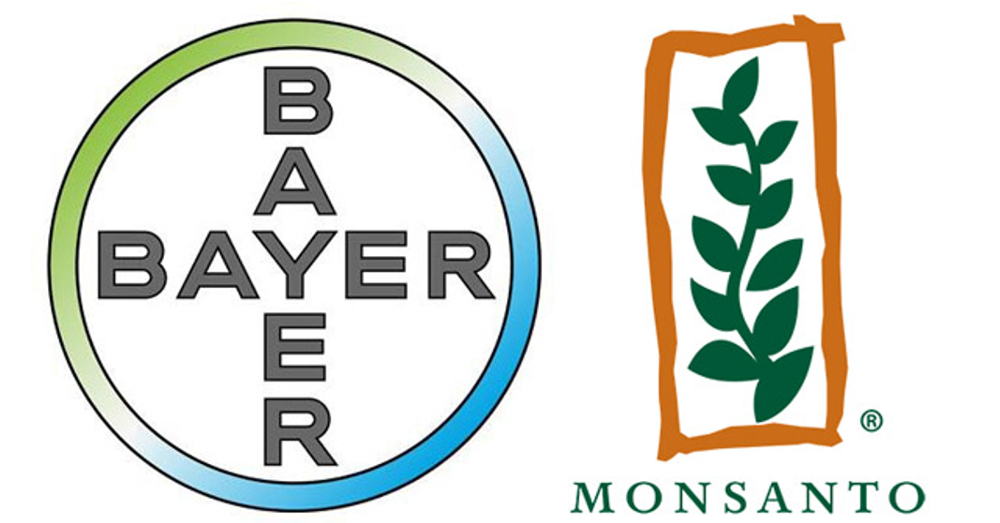
Concerns Over a Monsanto – Bayer Merger
Commissioner for Competition, Margrethe Vestager, has until 5th April to reach a final decision as to whether or not to approve the takeover of Monsanto by Bayer. If the company wins conditional antitrust approval for its $62.5 billion bid, the merger would create a company with a share of more than a quarter of the world’s seed and pesticides market.
March 8, 2018 | Source: Soil Association | by Honor Eldridge
Commissioner for Competition, Margrethe Vestager, has until 5th April to reach a final decision as to whether or not to approve the takeover of Monsanto by Bayer. If the company wins conditional antitrust approval for its $62.5 billion bid, the merger would create a company with a share of more than a quarter of the world’s seed and pesticides market.
The consideration of the merger has already been a lengthy process. Bayer has moved to resolve some of Vestager’s main concerns after she opened an in-depth probe into the deal in August. To placate opposition voices, the corporations have divested some key assets (such as Bayer’s LibertyLink) to reduce the appearance of monopolistic market control but the deal may be permanently blocked unless Bayer makes more significant concessions.
It is generally assumed that if approved, the merger would create a risky consolidation of corporate power that could make life more difficult for farmers using pesticides and manufactured fertilisers. These mergers could threaten food sovereignty around the world by limiting the ability of farmers to make independent choices for themselves, and lock them into damaging and detrimental contracts. It is certainly essential that EU regulators properly investigate before it’s too late.
Complete Monopolistic Control
The corporation spawned from the merger between Monsanto and Bayer creates concern about consolidation for the company’s customers – farmers using pesticides or producing GM crops. Following the merger, the company would control nearly three quarters of the seed on cotton-growing land in the US, giving them near-monopolistic control. They would additionally control large swaths of the GM and non-organic seed market, including GM varieties of canola (oilseed rape), soybeans and corn (maize). The merger would also increase Monsanto’s control over other areas in which it is already a dominant player, including fertilisers, pesticides and some farming technology.
